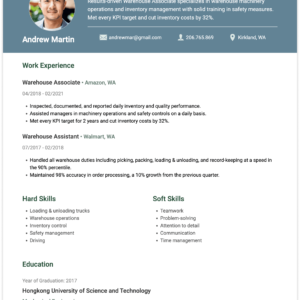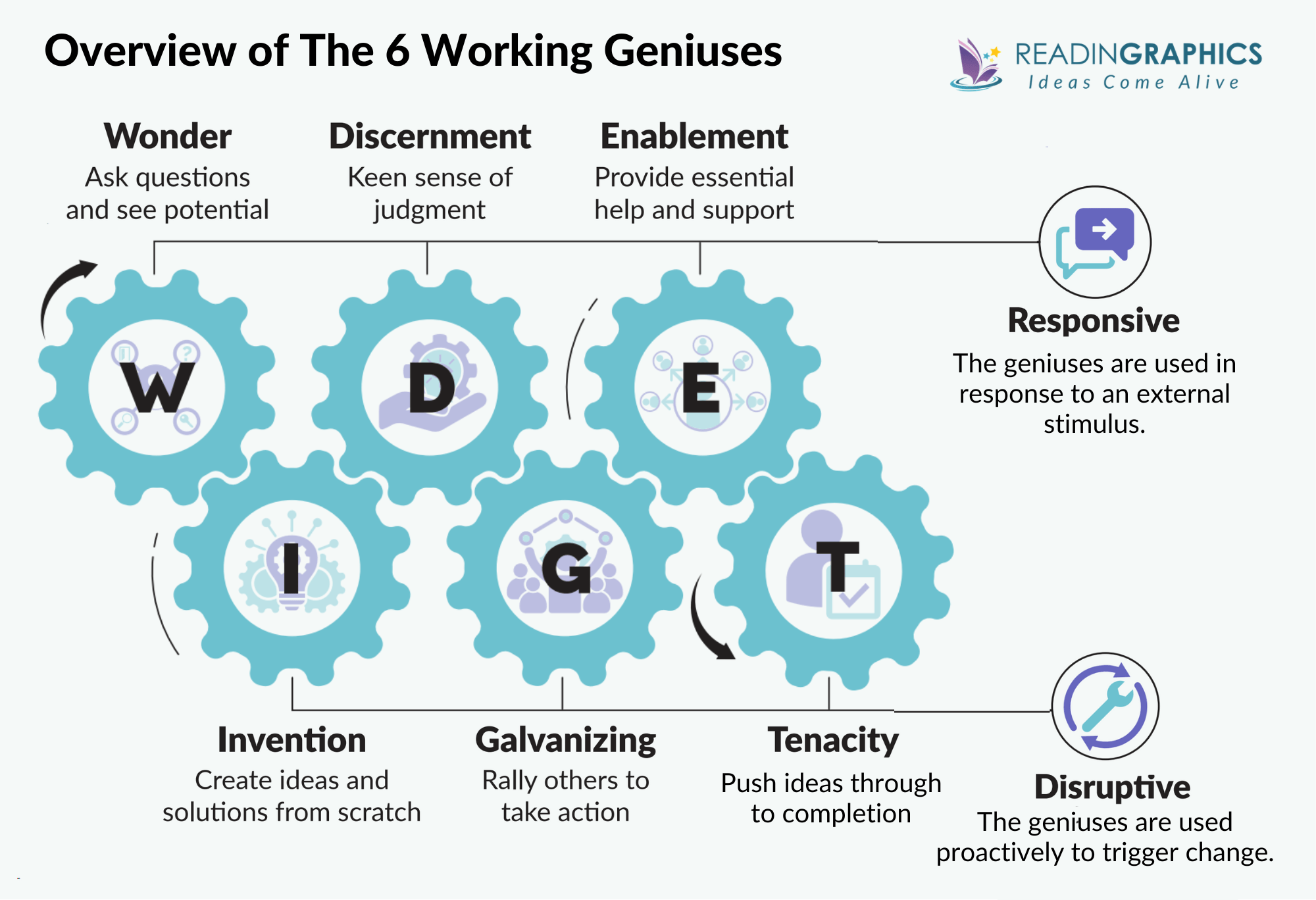
Agency warehouse work involves the management and operation of warehouses on behalf of clients. It encompasses various tasks, including inventory management, order fulfillment, shipping and receiving, and customer service. This type of work is often outsourced to third-party logistics (3PL) providers who specialize in supply chain management.
Agency warehouse work plays a crucial role in the global supply chain by ensuring efficient and cost-effective storage and distribution of goods. It offers several benefits to businesses, including reduced operating costs, improved inventory control, enhanced order accuracy, and access to specialized expertise and technology. Historically, warehouses have been essential to trade and commerce, with their origins dating back to ancient civilizations.
Key topics related to agency warehouse work include warehouse management systems (WMS), inventory optimization, order fulfillment strategies, and the use of automation and robotics in warehouse operations. Effective agency warehouse work requires a combination of operational efficiency, customer focus, and a deep understanding of supply chain dynamics.
1. Inventory management
Inventory management is a fundamental aspect of agency warehouse work. It involves the tracking and control of goods throughout the supply chain, from the point of receipt to the point of shipment. Effective inventory management is essential for ensuring that the right products are available in the right quantities at the right time.
For agency warehouse work, inventory management includes tasks such as:
- Receiving and inspecting inbound goods
- Storing goods in designated locations
- Tracking inventory levels in real-time
- Managing inventory turnover and obsolescence
- Coordinating inventory replenishment
Proper inventory management helps agency warehouse work in several ways. It reduces the risk of stockouts, which can lead to lost sales and customer dissatisfaction. It also helps to minimize excess inventory, which can tie up cash flow and lead to spoilage or obsolescence. Additionally, effective inventory management can help to improve warehouse efficiency and productivity.
In summary, inventory management is a critical component of agency warehouse work. It helps to ensure that the right products are available in the right quantities at the right time, while also reducing costs and improving efficiency.
2. Order fulfillment
Order fulfillment is the process of receiving, processing, and delivering customer orders. It is a critical component of agency warehouse work, as it ensures that orders are fulfilled accurately and efficiently.
-
Order processing
Order processing involves reviewing the order for accuracy, verifying inventory availability, and generating a packing slip. -
Order picking
Order picking involves retrieving the items from the warehouse and assembling them for shipment. -
Packing and shipping
Packing and shipping involves securing the items in a shipping container and preparing the shipment for delivery. -
Tracking and delivery
Tracking and delivery involves providing the customer with tracking information and ensuring that the order is delivered on time and in good condition.
Effective order fulfillment is essential for agency warehouse work, as it directly impacts customer satisfaction and profitability. By ensuring that orders are fulfilled accurately and efficiently, agency warehouse work can help businesses build strong customer relationships and increase sales.
3. Shipping and receiving
Shipping and receiving are critical components of agency warehouse work, as they involve the efficient and timely movement of goods into and out of the warehouse. Effective shipping and receiving operations are essential for ensuring customer satisfaction and maintaining a smooth supply chain.
-
Inbound shipping
Inbound shipping involves receiving goods from suppliers or manufacturers. This process includes unloading the goods from the shipping container, inspecting them for damage, and verifying the quantity and quality of the goods against the purchase order. -
Outbound shipping
Outbound shipping involves preparing and shipping goods to customers. This process includes picking the goods from the warehouse, packing them securely, and preparing the shipping documentation. The goods are then shipped to the customer’sd address using the most appropriate shipping method. -
Receiving
Receiving involves inspecting inbound goods for damage and verifying the quantity and quality of the goods against the purchase order. The goods are then stored in the warehouse in designated locations. -
Put-away
Put-away involves moving the received goods to their designated storage locations within the warehouse. This process ensures that the goods are stored efficiently and can be easily retrieved when needed.
Effective shipping and receiving operations are essential for agency warehouse work. By ensuring that goods are received, processed, and shipped accurately and efficiently, agency warehouse work can help businesses maintain a smooth supply chain and build strong customer relationships.
4. Customer service
Customer service is a critical component of agency warehouse work. It encompasses all interactions between the agency warehouse and its customers, including communication, problem-solving, and relationship management. Effective customer service is essential for building strong customer relationships, increasing customer satisfaction, and driving business growth.
For agency warehouse work, customer service includes tasks such as:
- Responding to customer inquiries and resolving issues
- Providing order status updates
- Tracking and tracing shipments
- Managing customer accounts
- Building and maintaining relationships with customers
Effective customer service in agency warehouse work requires a deep understanding of the customer’s needs and expectations. Agency warehouse work must be able to communicate effectively, resolve issues quickly and efficiently, and build rapport with customers. By providing excellent customer service, agency warehouse work can help businesses:
- Increase customer satisfaction and loyalty
- Drive repeat business
- Generate positive word-of-mouth
- Build a strong brand reputation
In summary, customer service is a critical component of agency warehouse work. By providing excellent customer service, agency warehouse work can help businesses build strong customer relationships, increase customer satisfaction, and drive business growth.
5. Cost reduction
Cost reduction is a key component of agency warehouse work. By outsourcing their warehousing and logistics operations to a third-party provider, businesses can significantly reduce their operating costs. This is because agency warehouse work providers can leverage their expertise, scale, and technology to achieve cost efficiencies that would be difficult for businesses to achieve on their own.
There are several ways in which agency warehouse work can help businesses reduce costs. First, agency warehouse work providers can negotiate volume discounts with carriers and other vendors. This can lead to significant savings on shipping and other logistics costs. Second, agency warehouse work providers can optimize inventory levels and storage space, which can reduce inventory carrying costs and the need for additional warehouse space. Third, agency warehouse work providers can implement efficient picking and packing processes, which can reduce labor costs and improve order accuracy.
In addition to these direct cost savings, agency warehouse work can also help businesses reduce indirect costs. For example, by outsourcing their warehousing and logistics operations, businesses can free up their own resources to focus on core competencies. This can lead to increased sales and profitability.
Overall, cost reduction is a major benefit of agency warehouse work. By partnering with an experienced and reputable agency warehouse work provider, businesses can significantly reduce their operating costs and improve their bottom line.
6. Efficiency
Efficiency is a critical component of agency warehouse work. It encompasses all aspects of warehouse operations, from receiving and storing goods to picking, packing, and shipping orders. By optimizing efficiency, agency warehouse work providers can reduce costs, improve customer service, and gain a competitive advantage.
One of the key benefits of efficiency in agency warehouse work is reduced costs. When warehouse operations are efficient, businesses can save money on labor, equipment, and space. For example, by implementing automated storage and retrieval systems, agency warehouse work providers can reduce the need for manual labor and improve the accuracy and speed of order fulfillment.
Efficiency also leads to improved customer service. When orders are picked and shipped quickly and accurately, customers are more satisfied. This can lead to repeat business and positive word-of-mouth marketing.
In addition, efficiency can give agency warehouse work providers a competitive advantage. By being able to offer faster, more accurate, and more cost-effective services, agency warehouse work providers can attract and retain more customers.
There are many ways to improve efficiency in agency warehouse work. Some common strategies include:
- Investing in automation
- Optimizing inventory levels
- Improving warehouse layout
- Implementing lean principles
- Training staff on best practices
By implementing these strategies, agency warehouse work providers can improve efficiency, reduce costs, and improve customer service. This can lead to a significant competitive advantage in the marketplace.
FAQs on Agency Warehouse Work
This section addresses frequently asked questions regarding agency warehouse work, providing concise and informative answers to common concerns or misconceptions.
Question 1: What is agency warehouse work?
Answer: Agency warehouse work involves managing and operating warehouses on behalf of clients. It encompasses tasks such as inventory management, order fulfillment, shipping and receiving, and customer service.
Question 2: What are the benefits of outsourcing agency warehouse work?
Answer: Outsourcing to specialized 3PL providers offers several benefits, including cost reduction, improved efficiency, enhanced inventory control, increased order accuracy, and access to expertise and technology.
Question 3: What are the key components of effective agency warehouse work?
Answer: Effective agency warehouse work involves expertise in inventory management, order fulfillment, shipping and receiving, customer service, cost reduction, and efficiency.
Question 4: How can agency warehouse work help businesses reduce costs?
Answer: By leveraging scale, expertise, and technology, agency warehouse work providers can negotiate volume discounts, optimize inventory, and implement efficient processes, leading to significant cost savings.
Question 5: How does agency warehouse work improve efficiency?
Answer: Through automation, optimized inventory levels, improved warehouse layout, lean principles, and staff training, agency warehouse work providers enhance efficiency, reducing labor costs, improving accuracy, and increasing order fulfillment speed.
Question 6: What are the key considerations when selecting an agency warehouse work provider?
Answer: When choosing a provider, it’s crucial to evaluate factors such as experience, reputation, technology, service offerings, cost structure, and customer references to ensure a reliable and effective partnership.
In summary, understanding the key aspects and benefits of agency warehouse work empowers businesses to make informed decisions and leverage its potential for cost reduction, efficiency improvements, and enhanced supply chain management.
Moving forward, the article will delve into specific strategies and best practices employed in agency warehouse work to optimize operations and drive value for clients.
Tips for Effective Agency Warehouse Work
To achieve success in agency warehouse work, it’s essential to implement effective strategies and best practices. Here are a few tips to guide you:
Tip 1: Leverage Technology for Efficiency
Incorporate warehouse management systems (WMS) and other technologies to automate tasks, optimize inventory management, and enhance order fulfillment accuracy.
Tip 2: Implement Lean Principles
Apply lean principles to streamline processes, eliminate waste, and improve overall warehouse efficiency.
Tip 3: Optimize Warehouse Layout
Design a warehouse layout that facilitates efficient product flow, reduces travel time, and maximizes space utilization.
Tip 4: Train Staff Regularly
Provide comprehensive training to warehouse staff on best practices, safety protocols, and new technologies to ensure a skilled and efficient workforce.
Tip 5: Monitor and Measure Performance
Establish key performance indicators (KPIs) to track warehouse operations, identify areas for improvement, and make data-driven decisions.
Tip 6: Foster Strong Customer Relationships
Build and maintain open communication channels with clients, proactively address their needs, and provide exceptional customer service.
Tip 7: Stay Updated on Industry Trends
Keep abreast of the latest technologies, best practices, and industry regulations to ensure your agency warehouse work remains competitive and effective.
Tip 8: Seek Continuous Improvement
Continuously evaluate and refine warehouse processes to identify opportunities for optimization and improvement.
By implementing these tips, agency warehouse work providers can enhance their operations, deliver exceptional customer service, and drive business growth.
In conclusion, effective agency warehouse work requires a combination of strategic planning, operational efficiency, and a commitment to continuous improvement. Embracing these best practices empowers businesses to optimize their supply chain management, reduce costs, and achieve operational excellence.
Conclusion
In conclusion, agency warehouse work plays a vital role in modern supply chain management. By understanding its key components, benefits, and best practices, businesses can leverage this service to reduce costs, enhance efficiency, and streamline their operations.
Effective agency warehouse work requires a strategic approach, ongoing optimization, and a commitment to customer satisfaction. As technology advances and industry demands evolve, the future of agency warehouse work holds promising prospects for businesses seeking to optimize their supply chains and gain a competitive edge.


